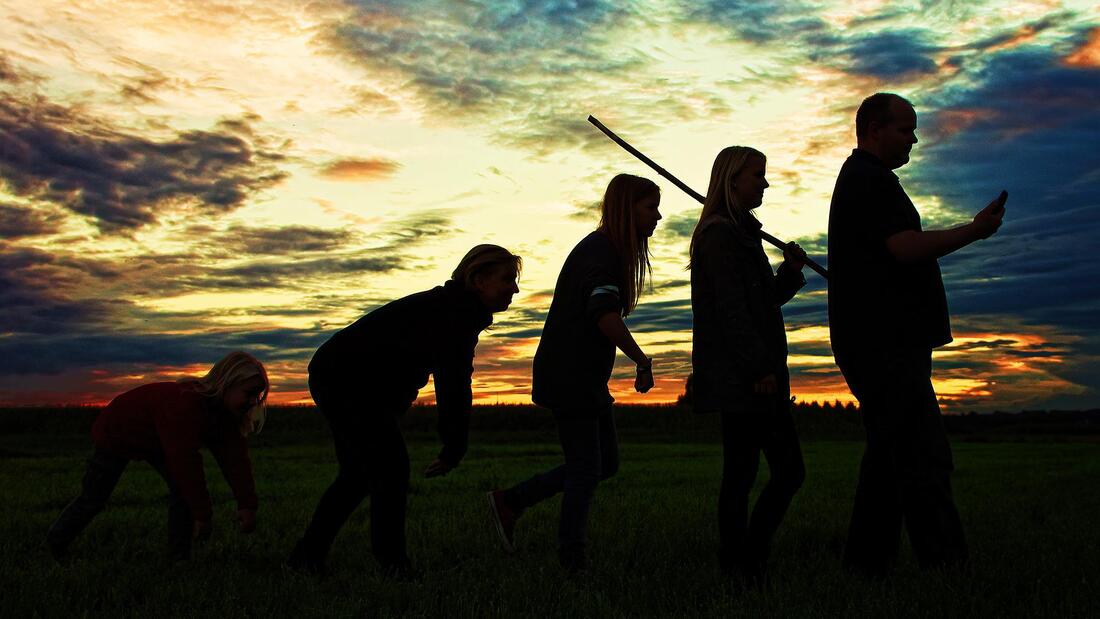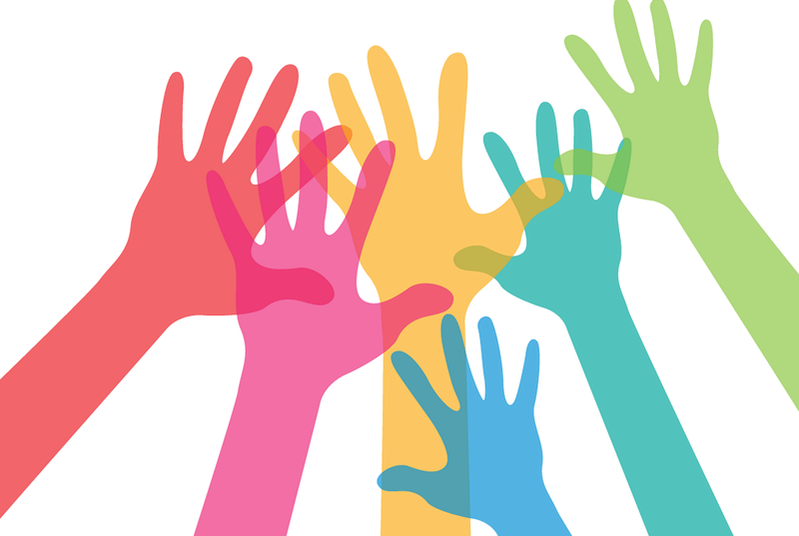|
Feature by Nikita Fernandes Via Pixabay Mahatma Gandhi writes that “The greatness of humanity is not in being human, but in being humane.” There is power in acknowledging our humanity. To be human means that we make mistakes, say the wrong things, trust people who hurt us and feel emotions deeply. Being human also allows us to feel a great capacity of love, compassion and empathy. A humanistic therapist engages in humanistic therapy when they hold space for their client to sit with their humanness. In sitting with this, we are able to access grace and kindness for ourselves and for our past.
0 Comments
Feature by Nikita Fernandes Via Pixabay In the safe space of therapy, it can be empowering and healing to use a relational-cultural approach when working with people of color or queer individuals. Relational-cultural theory, and by extension, relational-cultural therapy stems from the work of Jean Baker Miller, M.D. The practice aligned with the feminist and or multicultural movements in psychology while embracing many social justice aspects of these movements.
Repercussions of the COVID-19 Pandemic Related Stressors on LGBTQ+ Young Adult Mental Health6/8/2022 Feature by Nikita Fernandes Via Pixabay The COVID-19 pandemic took the whole world by surprise and wreaked havoc on a global scale. Although the pandemic presented many physical health implications, the pandemic also exacerbated the stressors that sexual and gender minorities feel on a day-to-day basis. The COVID-19 pandemic stressors have had multiple mental health repercussions for LGBTQ+ youth who are already receive less support. The psychological effects of quarantine have been related to an increased incidence of mental health issues such as post-traumatic stress disorder, confusion, rage, as well as more despair. During the quarantine period of the COVID-19 pandemic, LGBTQ+ young adults were forced to stay in homes with negative family climates which had a detrimental effect on their mental health (Gato et al., 2020). Many LGBTQ youths may not have disclosed their sexual and gender identities to their family yet, so they lack support and acceptance from this primary socialization group (Gato et al., 2020). LGBT youth feel “stuck at home with unsupportive parents” and face unfavorable factors such as self-quarantine, limited access to LGBT-specific campus resources, and distance from an affirming social network or chosen family (Gonzales et al., 2020). Therefore, it is critical to understand how the COVID-19 pandemic impacted LGBTQ+ young adult lives.
. Feature by Nikita Fernandes Via Pixabay
If you’re curious about kinks, you’ve come to the right place. Chances are you’ve heard the word kink before, as we move towards a society where sex is less stigmatized and people are having more open conversations about it. Psychological researcher Samuel Hughes defines kinks as “consensual, non-traditional sexual, sensual, and intimate behaviors such as sadomasochism, domination and submission, erotic roleplaying, fetishism, and erotic forms of discipline.” Kinks provide a way for us to engage in non-traditional sex through the lens of consent and mutual agreement. It takes people beyond the heteronormative context and allows us to question and challenge the set norms of society. Seeking kink affirming spaces offer a wonderful way to meet like-minded people and learn more about the experience. New York City offers a myriad of ways to get involved in kink or sex-positive communities be it attending a BDSM conference, attending a play party, or getting a Fetlife profile, which is essentially a social platform that connects people with similar kinks. |
Authors
Archives
February 2023
Categories
All
|




 RSS Feed
RSS Feed